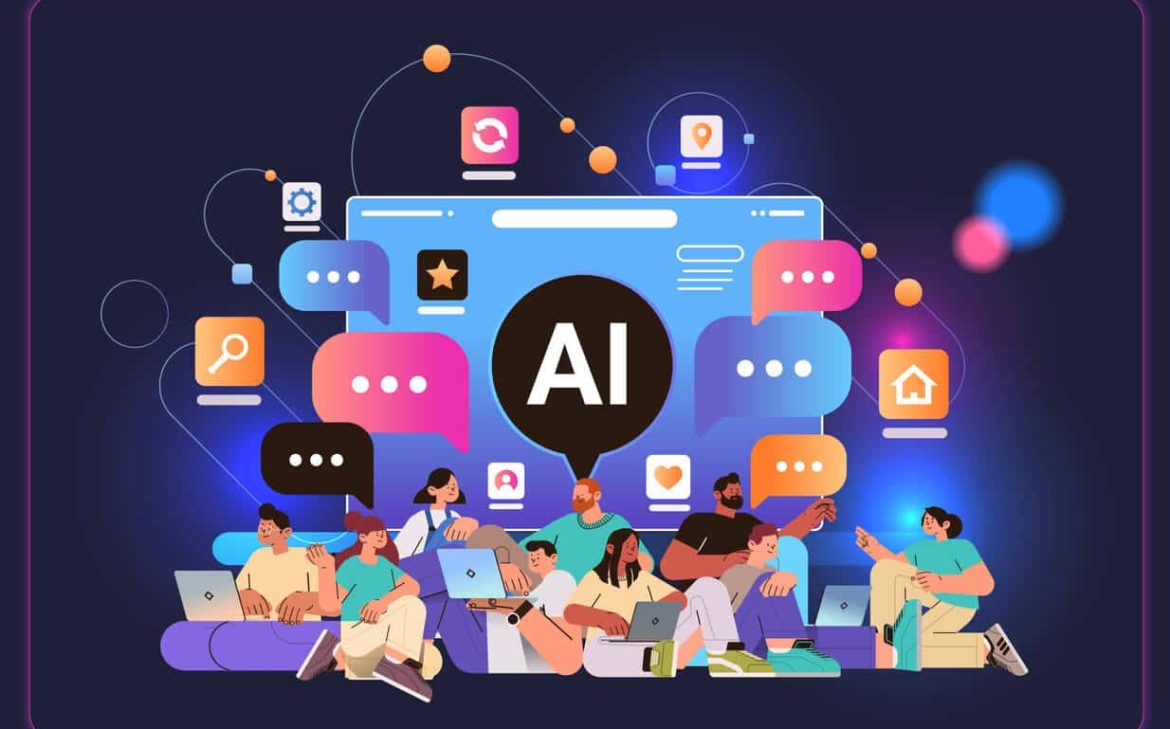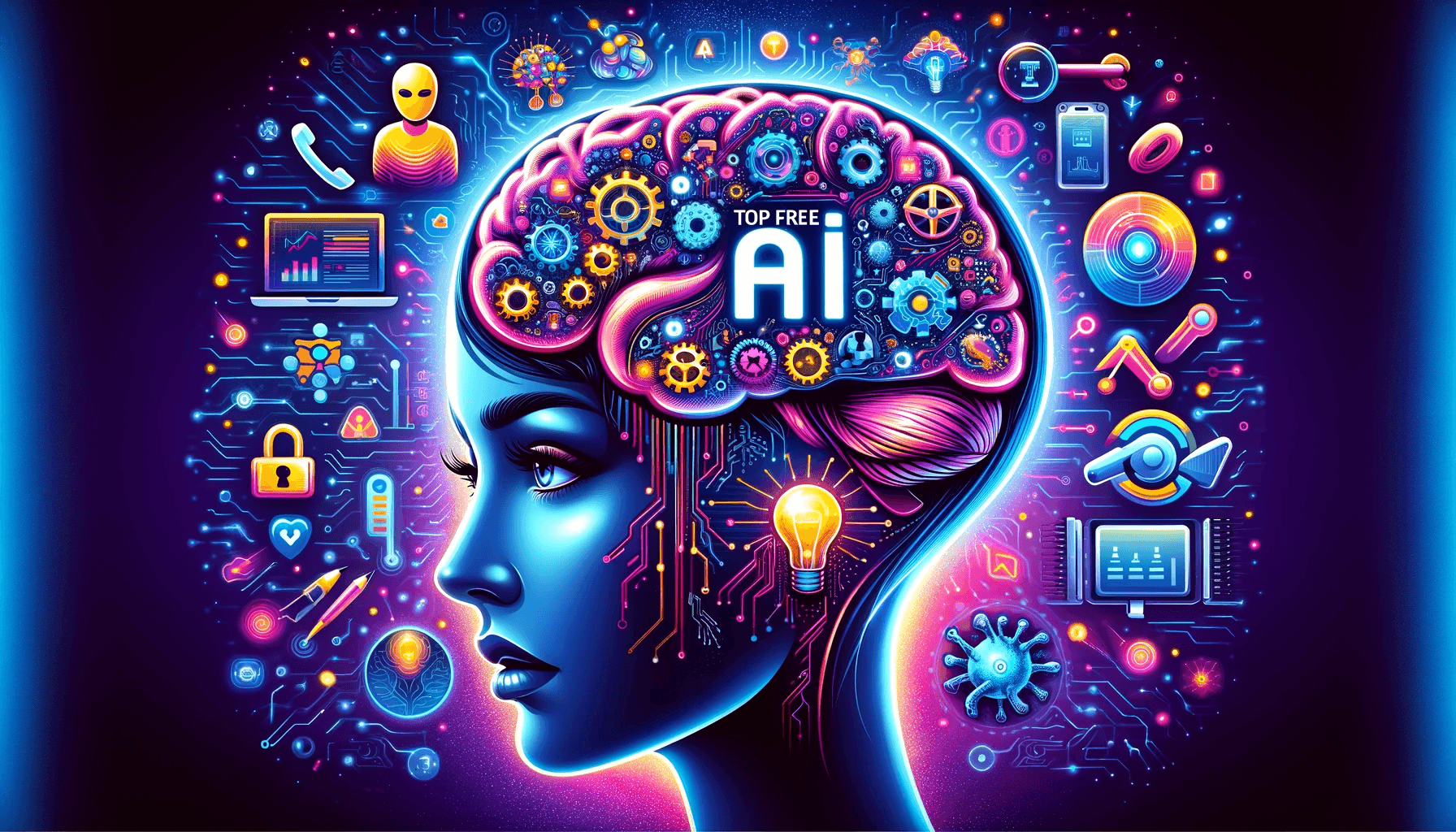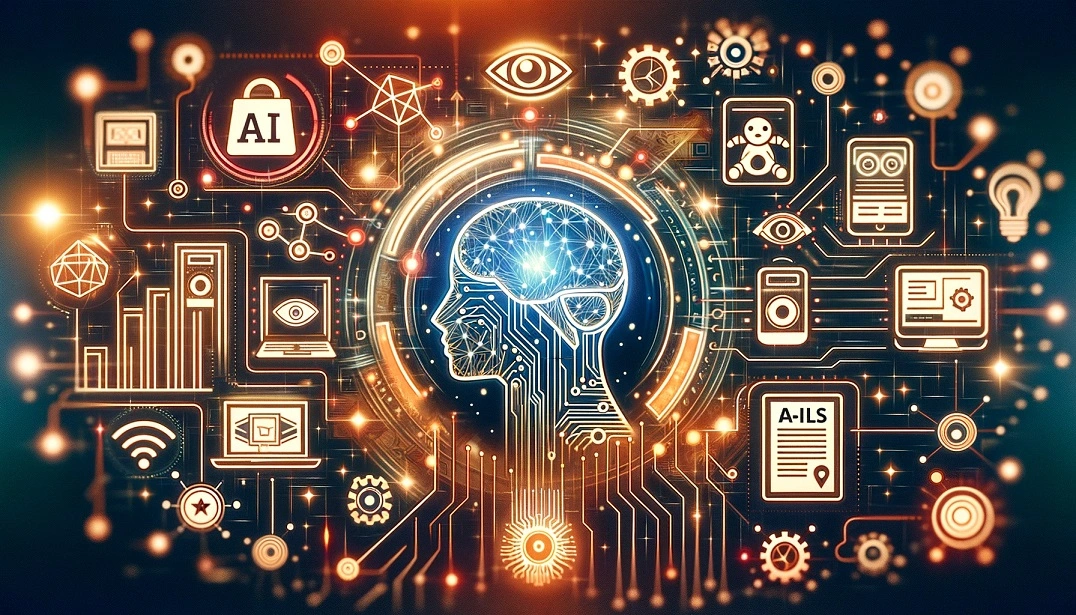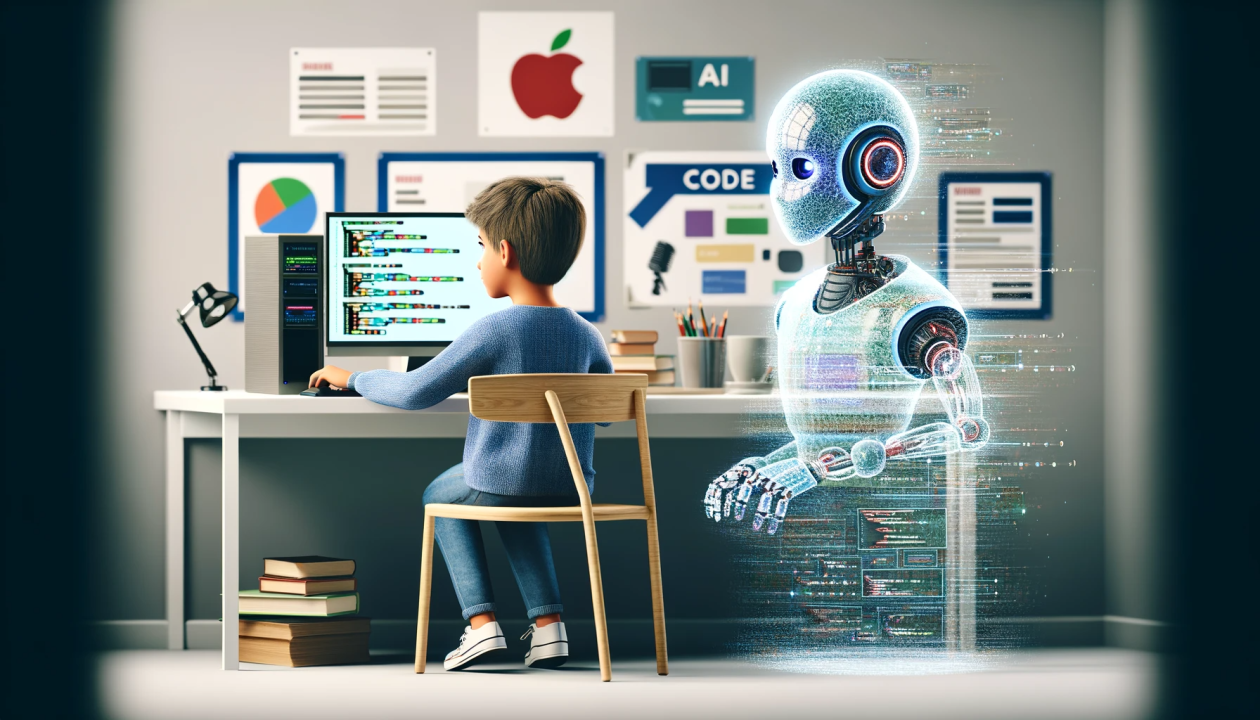Artificial Intelligence (AI) is reshaping the social media landscape, revolutionizing how content is created, distributed, and consumed. From smart recommendations to automated content creation, AI is driving new trends that are transforming user experiences and redefining digital marketing strategies.
How is AI Changing Social Media?
AI in social media involves using machine learning, natural language processing (NLP), and computer vision to analyze data, personalize content, and automate interactions. Platforms like Facebook, Instagram, TikTok, and LinkedIn are leveraging AI to make social media more engaging, efficient, and data-driven.
Key Trends in AI and Social Media
1. Content Creation and Personalization
AI tools like ChatGPT, Jasper, and Lumen5 are helping creators and marketers generate high-quality content faster. AI can write captions, generate hashtags, and even create videos tailored to specific audiences. Algorithms personalize content feeds by analyzing user behavior and interests, ensuring more relevant content reaches each individual.
2. Chatbots and Customer Service
AI-powered chatbots are becoming a staple in social media customer service. Available 24/7, these bots handle FAQs, process basic requests, and escalate complex issues to human agents—enhancing engagement and reducing response time on platforms like Facebook Messenger and Instagram DMs.
3. Influencer Marketing with AI
AI is helping brands identify the most effective influencers by analyzing audience demographics, engagement rates, and content alignment. It also tracks campaign performance in real-time, making influencer marketing more data-driven and measurable.
4. Deepfake and Synthetic Media
AI-generated faces and voices are being used to create virtual influencers and realistic avatars. While this trend offers exciting creative potential, it also raises ethical concerns around authenticity and misinformation.
5. Sentiment Analysis and Social Listening
AI algorithms analyze comments, reviews, and posts to understand public sentiment. Brands use this insight to monitor reputation, respond to crises, and align content with audience emotions. Tools like Brandwatch and Sprinklr rely heavily on AI for real-time social listening.
6. Smart Scheduling and Posting
AI tools such as Buffer and Hootsuite use predictive analytics to determine the best times to post, recommend trending topics, and suggest optimal formats for engagement. This helps maximize reach and visibility with minimal manual effort.
7. Augmented Reality (AR) Filters and Effects
AI powers AR-based face filters, virtual try-ons, and camera effects on platforms like Snapchat, Instagram, and TikTok. These enhance user interaction and are widely used in brand campaigns to boost engagement.
Challenges to Watch
As AI evolves in social media, it also brings certain challenges:
- Misinformation and Deepfakes: AI can be misused to spread false content.
- Privacy Concerns: Data collection and profiling raise ethical questions.
- Bias in Algorithms: AI may amplify existing biases in content recommendations.
Conclusion
AI is not just enhancing social media—it’s redefining it. From smarter content strategies to automated engagement, the integration of AI is shaping how individuals and brands connect online. Staying ahead of these trends helps creators, marketers, and users make the most of social platforms while navigating the ethical and social implications responsibly.







Leave feedback about this